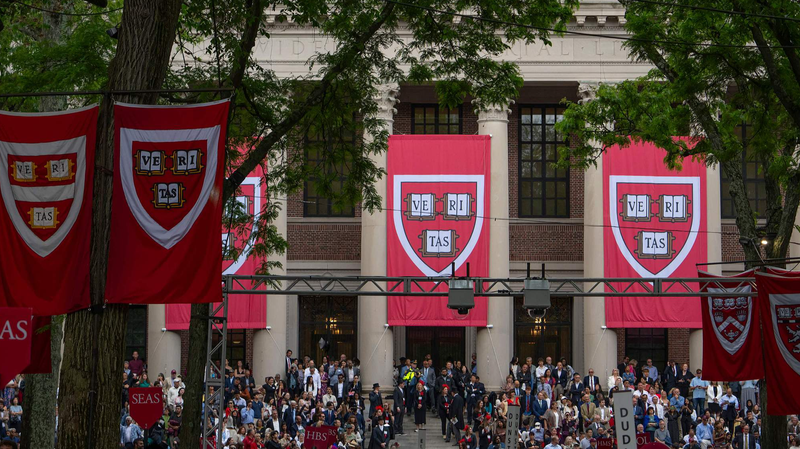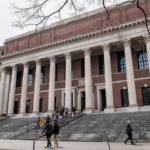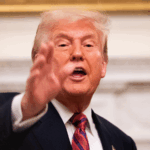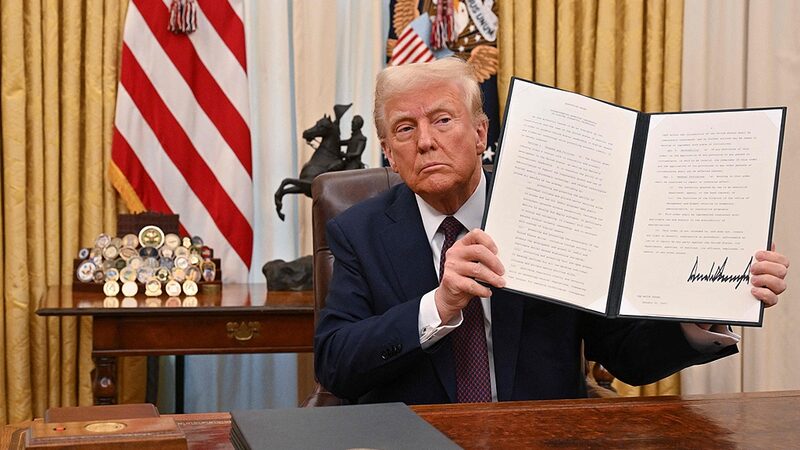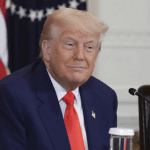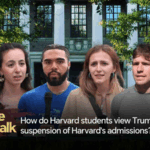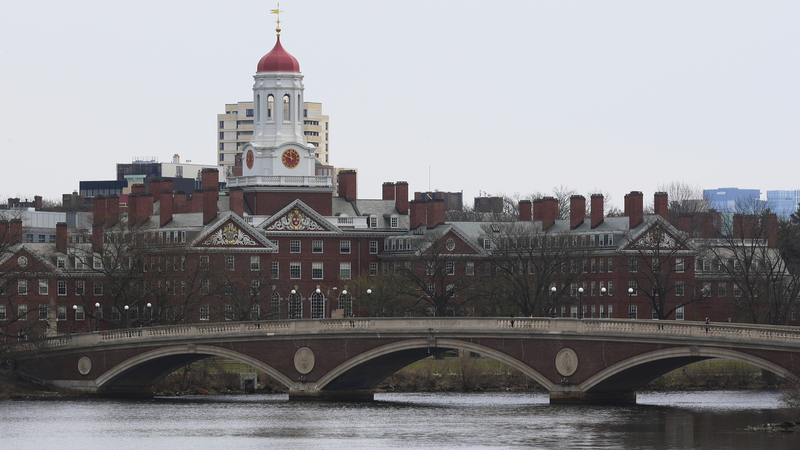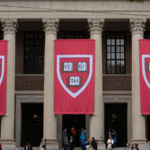A U.S. federal judge has extended a temporary block on the Trump administration's controversial policy aimed at barring Harvard University from enrolling international students, marking a pivotal moment in a high-stakes legal battle over education and immigration.
Judge Allison Burroughs of the U.S. District Court for Massachusetts ruled Thursday that a Temporary Restraining Order (TRO) against the policy \"will remain in place\" pending further review. The decision follows a hearing on the Department of Homeland Security's (DHS) May 22 revocation of Harvard's certification under the Student and Exchange Visitor Program, which threatened to disrupt enrollment for thousands of international students.
Harvard, which filed a lawsuit against the administration on May 23, argued the policy would cause \"irreparable harm\" to its academic community. The university currently hosts nearly 6,800 international students and scholars from over 140 countries and regions, representing 27% of its student body. Many are graduate researchers in critical fields like science and technology.
The Trump administration softened its stance slightly ahead of the hearing, offering Harvard 30 days to contest the policy. However, President Trump reiterated demands to cap foreign student enrollment at 15% and disclose student lists—a move critics call politically motivated. Analysts suggest the administration's targeting of Harvard aligns with broader Republican efforts to counter perceived liberal biases in academia.
This case adds to ongoing tensions between the White House and U.S. universities, including frozen funds and threats to tax-exempt status over issues like campus diversity policies. The outcome could set precedents affecting global students' access to American education—a key concern for investors and diaspora communities tracking talent pipelines.
As legal proceedings continue, universities and international students await clarity on policies shaping Asia-U.S. educational ties and cross-border academic collaboration.
Reference(s):
Judge blocks Trump move to ban international students at Harvard
cgtn.com
